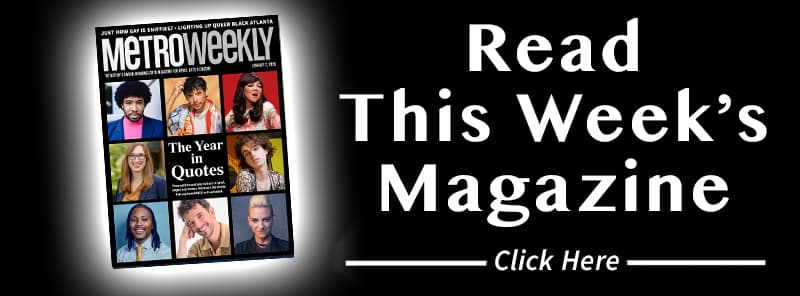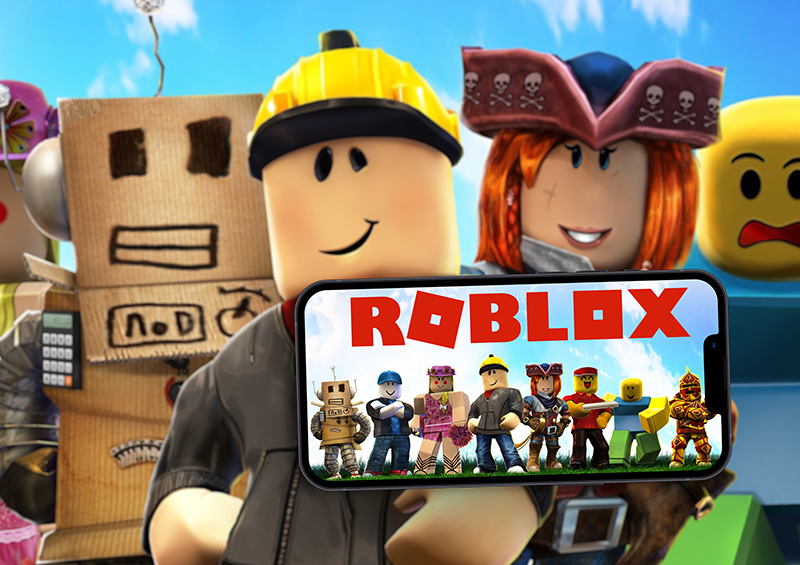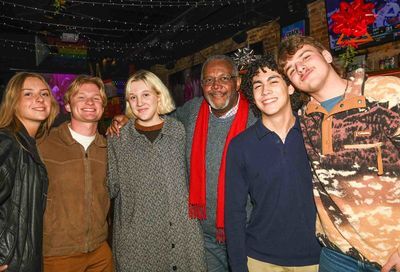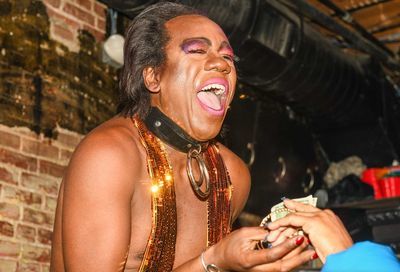Children’s Novel ‘Ban This Book’ Banned by Florida School District
A Florida school board removed "Ban This Book" from shelves after board members whined it encouraged "rebellion of school board authority."

Last month, the Indian River School Board voted to remove Ban This Book, by Alan Gratz, from its shelves, overriding its own Florida district book-review committee’s decision rejecting a challenge to the book.
The children’s novel follows a fictional fourth-grade student who creates a secret library of banned books in her locker after her local school board bans those titles.
Indian River School Board members said they disliked how it referenced other books that have been removed from schools and accused it of “teaching rebellion of school board authority.”
Ban This Book, which had been housed in two elementary school libraries and a middle school, was challenged by Jennifer Pippin, president of the local chapter of Moms for Liberty, a national right-wing group that routinely rails against books that they claim contain “age-inappropriate content” and address LGBTQ rights, among other fabricated grievances.
The school board voted 3-2 to remove the book from shelves, with two candidates backed by Moms for Liberty voting to remove it, along with a third member , Kevin McDonald, who was recently appointed by Gov. Ron DeSantis to fill a vacant seat following the ill-timed resignation of Brian Barefoot.
McDonald tried to justify banning the book by claiming the board was acting on behalf of parents who wanted to keep their children from being “indoctrinated” or exposed to allegedly “woke” ideas.
“The title itself and the theme challenges our authority,” McDonald said of Ban This Book. “And it even goes so far as to not only to mention books that are deemed inappropriate by school boards…but it lists them.”
McDonald accused Gratz, the book’s author, of justifying the behavior of the main character, Amy Anne — who breaks several school rules in order to circumvent the book bans — because she disagreed with the school board’s decision.
He suggested that the book undermined the real-life school board’s authority by appearing to endorse Amy Anne’s behavior and her decision to flout the will of her local school board.
BookLooks.org, a book-rating website tied to Moms for Liberty that rates what conservatives believe is the “inappropriate” content of books, only gives Ban This Book a rating of 1 out of a possible 5, but still knocks the book for “encouraging activism of young children.”
Pippin, who filed the complaint seeking to have the book removed, reportedly accused the book of containing “sexual content.” Pippin, who was selected to develop a state-sponsored training program on book removals for school librarians and media specialists, previously managed to get other books removed from school libraries.
Among the books Pippin has targeted for removal are Toni Morrison’s The Bluest Eye, Khaled Hosseini’s The Kite Runner, Kurt Vonnegut’s Slaughterhouse-Five, and the graphic novel Anne Frank’s Diary: The Graphic Adaptation.
In response to Pippin’s objection to a children’s book showing a goblin’s bare behind, the school district drew clothes over the character.
More than 140 books have been removed from school libraries in Indian River County for allegedly “inappropriate” content.
But school board members who objected to Gratz’s book being removed from shelves were critical of the action.
“[Ban This Book] does not depict or describe sexual conduct, period,” said Indian River School Board Chair Teri Barenborg. “Maybe it refers to other books that do, but it does not do that itself. It’s a cute little book about a little girl that’s trying to defy establishment. Does she go about it in the right way? No. Does she learn her lesson? Yes.”
Barenborg noted that those voting in favor of the ban ignored the fact that the book had been vetted by a committee of parents and school officials, both when it was first purchased and after it was challenged. The reviewers ultimately decided against banning the book.
“We’ve had several eyes on this book before it came to us,” she said. “Yet we’re going to be the five people that [overrule the committee]… I have a hard time with that.”
Ban This Book has been challenged in Clay County, Florida, as well, but school officials ultimately decided not to yank the book from circulation.
Florida Freedom to Read, an organization that advocats against censorship, called Indian River County’s decision to remove Ban This Book “truly absurd” in a post on X.
The @IRCSchools Board voted against the committee decision to retain @AlanGratz’s Ban This Book. They banned a book because it mentions other banned books.
It’s truly absurd. pic.twitter.com/JBpSC6zEQA
— Florida Freedom to Read Project (@FLFreedomRead) June 2, 2024
Gratz, the author of the book, called the school board’s decision “incredibly ironic” in an interview with USA Today.
“They banned the book because it talks about the books that they have banned and because it talks about book banning,” he said. “It feels like they know exactly what they’re doing, and they’re somewhat ashamed of what they’re doing, and they don’t want a book on the shelves that calls them out.”
He also objected to claims that the book is sexual in nature or encourages “rebellion” against elected authorities.
“It doesn’t teach rebellion against the school board; it teaches civic engagement,” Gratz said. “If that means opposing what your school board is doing, that means opposing what your school board is doing.”
Gratz accused the book’s critics of taking things out of context or misrepresenting facts in order to justify its removal from shelves.
“They don’t want these books to exist,” he said, noting that books by and about communities of color and the LGBTQ community are the most likely to be challenged. “Now they don’t want my book on the shelf because it would tell kids that these books exist: The books they can’t even get in the library.”
Support Metro Weekly’s Journalism
These are challenging times for news organizations. And yet it’s crucial we stay active and provide vital resources and information to both our local readers and the world. So won’t you please take a moment and consider supporting Metro Weekly with a membership? For as little as $5 a month, you can help ensure Metro Weekly magazine and MetroWeekly.com remain free, viable resources as we provide the best, most diverse, culturally-resonant LGBTQ coverage in both the D.C. region and around the world. Memberships come with exclusive perks and discounts, your own personal digital delivery of each week’s magazine (and an archive), access to our Member's Lounge when it launches this fall, and exclusive members-only items like Metro Weekly Membership Mugs and Tote Bags! Check out all our membership levels here and please join us today!





























You must be logged in to post a comment.